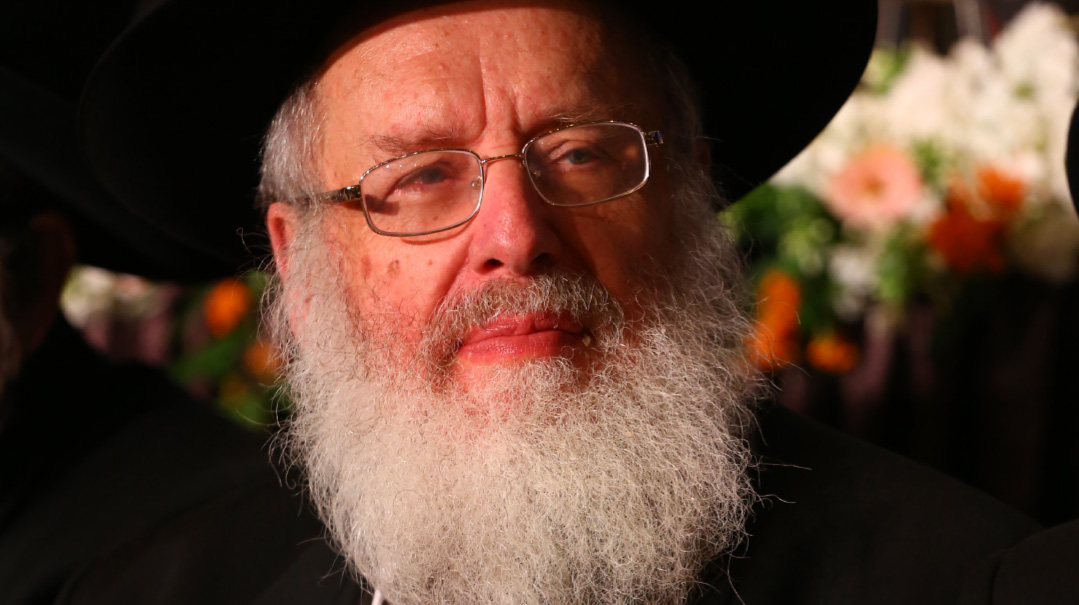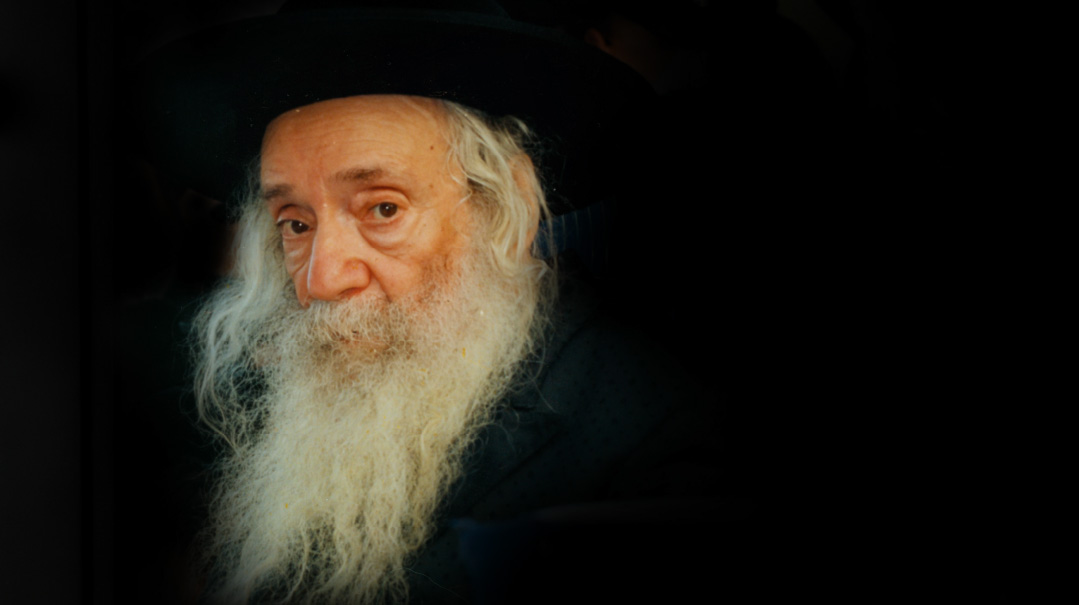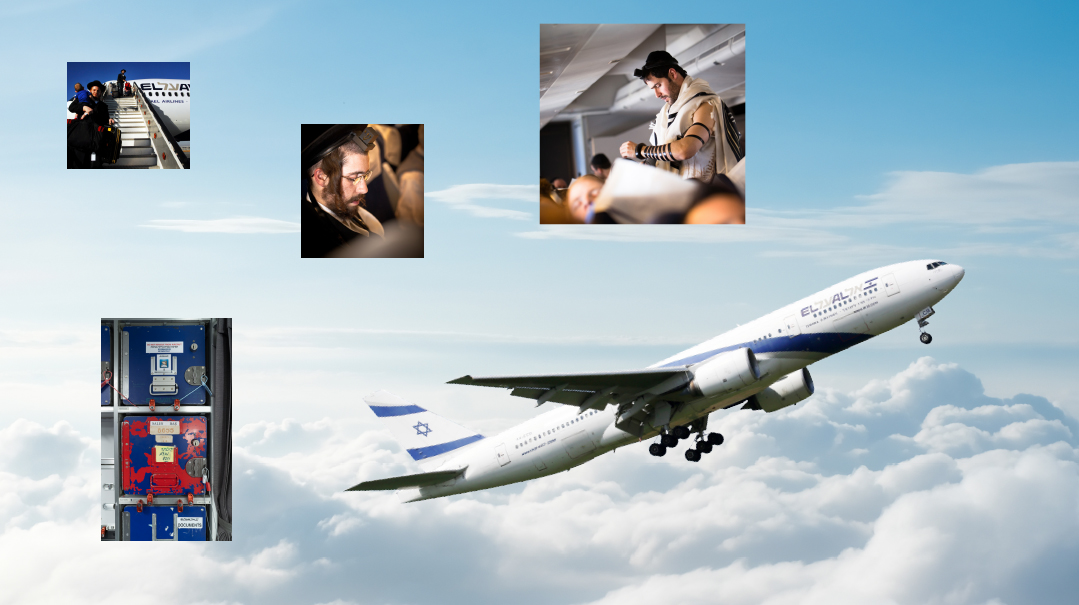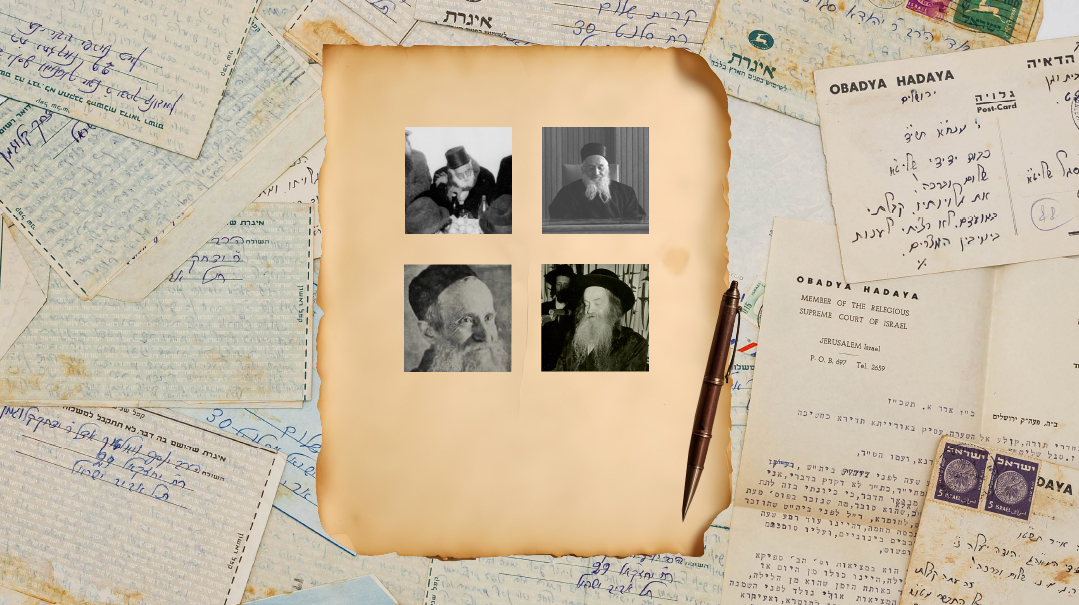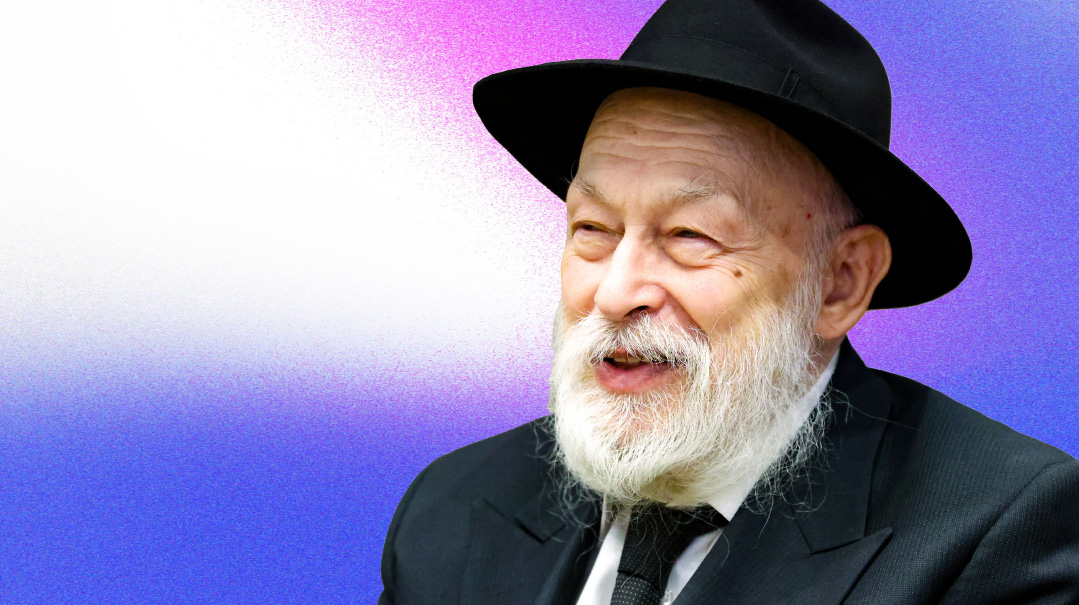It Didn’t Have to End This Way

Colonel Richard Kemp: There couldn’t have been a worse way to withdraw from Afghanistan
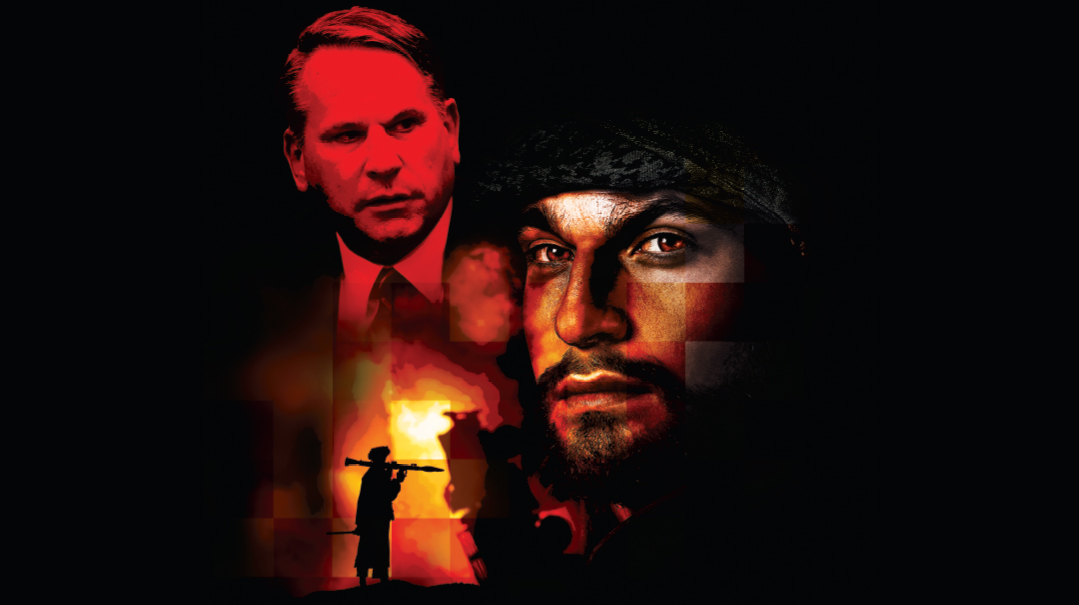
Photos: AP Images
Two months ago, retired British Army officer Colonel Richard Kemp, who had commanded the British forces in Afghanistan in 2003, predicted a violent Taliban takeover if President Biden were to stick to his campaign promise and actually pull the several thousand buffering US forces out of the country by his self-imposed deadline. He noted then that “US foes such as China, Russia, and North Korea are circling like vultures, waiting to gain more influence when the US leaves.”
But nothing prepared him for the violent scenes and mass hysteria the world has witnessed over the past two weeks. Now, as the positions he helped secure nearly two decades ago have collapsed, he looks back with no little sense of sorrow for the Afghan people, and more than a little fear of what it means for Western security.
“We’re facing a terrorist threat coming out of Afghanistan that’s even greater than the terrorist threat before 9/11,” Colonel Kemp tells Mishpacha. “Jihadists around the world are cheering. Pakistani president Arif Alvi is celebrating — and he should be, because Pakistan has significantly funded the Taliban while at the same time receiving funds from the US and Britain. In Gaza they’re celebrating. All the global terror infrastructures are being reenergized and reinvigorated, their recruitment boosted and inspired. ISIS and al-Qaeda — which have far from disappeared and were actually fighting alongside the Taliban in recent battles — are now operating even more freely than before 9/11, because they know they no longer need to fear Western intervention. That, unfortunately, is history.”
Colonel Kemp is no armchair doomsday prophet. He’s spent the majority of his 62 years fighting terrorism and insurgency with boots on the ground, commanding British troops on the front lines of some of the world’s toughest hot spots, including Afghanistan, Iraq, the Balkans, and Northern Ireland. Since his retirement from active military, he provides strategic consultancy services on security, intelligence, counterterrorism and defense, and is a popular media commentator as well.
Now, he says, the entire world has become vastly more dangerous. And that’s because there is a wide net of winners in addition to the Taliban.
“I don’t think any country is celebrating more than Russia and China,” he warns. “They’re ecstatic over what’s happened. Now they’ll see that the US no longer presents a deterrent and that they’ve got pretty much of an open playing field to do whatever they like. And the countries we’d hope to entice into the Western sphere will now say, ‘Why should we? The US isn’t reliable. Russia and China seem to be the more reliable allies.’ And the irony is that that was one of the reasons Biden gave for pulling out in the first place — that he would now be able to focus greater effort on confronting Russia and China — but this is the complete reverse of what he expected and preached.”
In the region, says Kemp, Pakistan, Iran, China, and Russia, all of which supported, funded, and armed the Taliban, will now be cashing in their chips, enriching themselves by plundering Afghanistan’s natural resources and using their newfound leverage there against the West. Furthermore, Taliban victory in Afghanistan will likely increase further instability in Pakistan, which has its own powerful Islamist insurgency, opening the real nightmarish possibility of jihadists gaining control of the country’s nuclear weapons.
With the results on the ground of President Biden’s messy, haphazard, and irresponsible withdrawal, says Kemp, “President Biden humiliated the United States and humiliated the US Army. Military hardware has been blown up and embassy cars, files filled with secret documents, and even national flags burned as the Taliban closed in on Kabul. Choppers have been shuttling fleeing diplomats to the airport in scenes reminiscent of the fall of Saigon in 1975. This is the greatest humiliation for America and the West in many decades, with our governments caught off-guard as the Taliban scythed across Afghanistan.
“People have been talking about impeaching the president, but I don’t believe he should be impeached,” Kemp told Fox News in a clip that went viral. “He’s the commander in chief of the US armed forces, who’s just essentially surrendered to the Taliban. In my opinion — and I don’t say this lightly, and I’ve never said it about any other leader in this position — he should be court-martialed for betraying the US and its armed forces.”
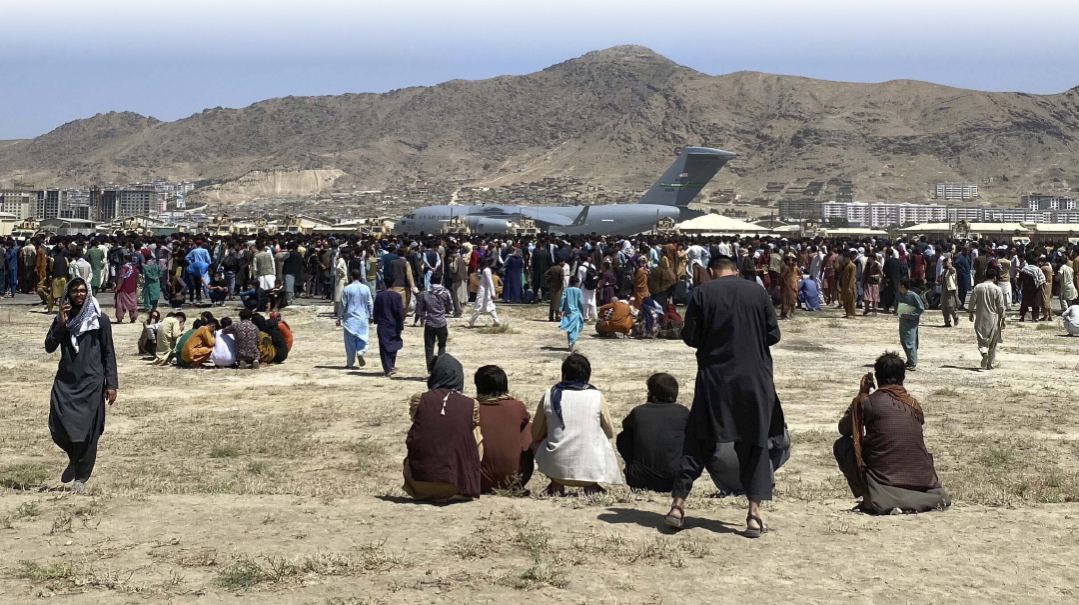
The Mossad and Me
While Colonel Kemp has become the hero of right-wing policymakers, he’s also emerged as a staunch Israel defender, giving him a certain iconic popularity inside the Holy Land and among Israel’s supporters abroad.
“I am the former commander of the British forces in Afghanistan,” he announced as a guest military expert to members of the Human Rights Council in back in 2009, following a scathing report on alleged Israeli war crimes in that year’s Gaza war. “I served with NATO and the United Nations, commanded troops in Northern Ireland, Bosnia, and Macedonia, and participated in the Gulf War. I spent considerable time in Iraq since the 2003 invasion, and worked on international terrorism for the UK government’s Joint Intelligence Committee… Based on my knowledge and experience, I can say this: During Operation Cast Lead, the Israeli Defense Forces did more to safeguard the rights of civilians in a combat zone than any other army in the history of warfare.”
More than a decade later, Colonel Kemp is still synonymous with advocating Israel’s right to defend itself. While he was in Israel this summer during the latest Gaza conflict — in which the IDF targeted the “Metro,” Gaza’s web of terror tunnels Hamas built with the massive funds they’d diverted from humanitarian aid — he told Mishpacha that Gaza 2021 could go down as the most impressive precision campaign in military history.
That metamorphosis into a leading Israel defender involved his tour of duty in Afghanistan.
“When I headed to Afghanistan in 2003 to command British forces in Helmand Province, Coalition forces were coming up against suicide bombing for the first time. We’d fought terror in Northern Ireland, but had no experience with counter-suicide methods, whereas the Israelis unfortunately had had to develop ways to deal with the threat. I contacted the Mossad station chief in London, and within two days an IDF brigadier general who was the leading expert on suicide bombings arrived to brief me. We sat for three hours in a West London hotel lobby, and from there I was able to develop the British Army’s doctrine on suicide attacks, which is still used today.”
When Kemp took command of the British forces in Afghanistan, he immediately put together an unconventional force of British troops and US Marines to combat the terrorist threat, leading to the most successful offensive counterterrorist operations in Kabul and significantly setting back the enemy campaign. He helped to disarm local warlords, trained the fledgling Afghan army and police, and even played a part in preventing a coup against newly installed President Hamid Karzai.
Our Goal Wasn’t Liberation
Kemp is quick to dispel what he says has become a false narrative over the years: that the US, British and NATO forced went into Afghanistan in 2001 in order to liberate the natives from the Taliban.
“Just to set the historical record straight,” he says, “our goal wasn’t to liberate the Afghanis. We went in after 9/11 to eradicate the Taliban, who were harboring arch-terrorist Osama Bin Laden and the al Qaeda terrorist network. And while the locals may have looked up to us as their saviors, our primary interest was not in creating a democracy within this country of Islamic tribes, on bestowing rights for women, or boosting the prosperity of the country. Our primary interest was stopping the Taliban. We weren’t there to turn Afghanistan into a Western liberal democracy, although a lot of people, particularly in the progressive political culture, couldn’t face or own up to the reality of what we were really doing there, so they pretended that it was all about women’s education and human rights. That turned out to be a fringe benefit, but it wasn’t the objective.”
President Biden stated that if their own soldiers, whom America spent 20 years training, couldn’t defend their own country, then why should US troops stick around? So from a strategic perspective, were we imposing our ideas of security on a people who couldn’t even comprehend it? Were they really interested, or were they just taking a free ride on American and British security?
“Well, we might have expected too much in terms of the progress the Afghans made,” Colonel Kemp admits in retrospect. “Remember, we’re talking about a very incohesive country comprised of disparate tribal populations, who don’t even see themselves as one cohesive nation. In the beginning, most of our efforts went into focusing on the government in Kabul, when our efforts probably should have been on the rural areas, because most soldiers in the Afghan national army don’t even recognize Afghanistan as a country. They look at their own tribes and areas. Perhaps we deluded ourselves in what we thought we’d achieved, and those who trained the Afghan army, I think, might have also been self-deluding in terms of how capable the Afghans actually were.”
At that time, President Karzai — who became a dominant, charismatic political figure after leading many tribes against the Taliban following the US invasion in 2001, serving as interim president and then as a two-term president of the Islamic Republic of Afghanistan — was completely controlled by the US ambassador and the British ambassador in Kabul. Karzai (succeeded by Ashraf Ghani, who fled the country last week with the Taliban takeover) wouldn’t make a move without them.
That worked at the time, says Kemp, but while the US and the British wanted Afghanistan to become a sovereign state, without close supervision, it just descended into being a corrupt entity that told America what it wanted to hear, and took the money. “I think that had we been more careful in our control of the Afghan government, things would have been different now.”
That said, Kemp explains, “We stayed there for one reason: to prevent another serious attack on the West emanating from the country. In other words, it was forward defense and not, as President Biden claimed recently, to fight an Afghan civil war.”
When we look at the pictures of the Afghan army and of the Taliban fighters, everyone looks alike — the allies and the enemies. Was there really a major difference between the allied tribal leaders and the enemies, when both sides are really the same culture and religion?
“At the time, we split them into pro-Taliban and anti-Taliban. Remember, we weren’t out to reform or reeducate anyone. We were out to protect Western security interests. In fact, some in the Afghan army were Taliban sympathizers who eventually went over to their side. I would say the majority of the people in Afghanistan didn’t even know what democracy meant, and didn’t really care too much. The ones who were not strict religious followers of Islam, they didn’t want to be shackled by Sharia law and they were happy to be under Western influence, because it brought greater prosperity and greater freedoms. And then there were those who were happy with the Taliban’s approach. I don’t think too many people really believed in a united Afghanistan as an ideal — given its tribes, sectarian areas and ethnic groups.”
With Coalition forces having been there for so many years, was there a consensus that it was time to leave?
“I’m not sure there was a consensus that we shouldn’t be there. I think there were some people who believed that, President Biden being one of them. We have to remember, we were there in order to prevent Afghanistan from becoming a safe haven for terrorists. Now it is a safe haven for terrorists, and clearly, we should have remained there until that problem was taken care of, either by containment or eradication. I don’t believe eradication would have been possible. So the choice was to remain there and support the Afghanis in containing the problem, which is what we’ve been doing for the past several years. Or, get the country to such a state that it could contain the situation on its own. Whether we could have achieved that with a different approach, I don’t know. But at the least, we should have stayed there to prevent the terror vacuum we’ve been seeing.
“Really, the extent of American, British, and Western commitments in Afghanistan has been quite small. Before the pullout, Americans were only about 3,500 troops, British were only about 600. It’s really minimal. So there’s no reason we couldn’t have stayed in that capacity forever, as we do in so many other countries. It was containing the problem. There was always Taliban insurgency, but they certainly couldn’t take the entire country, and it wasn’t a safe haven for terrorism. Now that we’ve pulled out, it is.”
How did you feel when you saw the horrible scenes of sheer desperation, of people clutching onto the planes, falling out of the sky? What were you thinking when you were watching all of that?
“I keep thinking about the stark contrast to when I came in 2003. People were so happy for us to be there, grateful that we were freeing them from the oppression of the Taliban and looking forward to a secure and stable future with equal rights for women, schooling for girls, and an end to government-authorized murder and torture. Many of these things had been achieved, but that’s all over now. We’re already seeing revenge killings against those who worked for the government or helped international forces, and young girls forced to become jihadist brides. People are so desperately scared that they’re clinging to the sides of aircraft and falling to their deaths, because they know what’s in store for them.
“I feel deeply sorry for the people of Afghanistan — I know quite a few people there, I’ve kept in touch with many over the years. With the exception of the terrorists that I captured, I never met an Afghan who wasn’t delighted to see us. They are very friendly, hospitable people, and they also recognized the good that we had done them, and hoped we’d continue to do for them.
“But you know, I’m not really an emotional person. I feel very sorry for them, but I don’t feel pain. If I were to wallow in their misery, it wouldn’t do anyone any good. If you’re involved in the kinds of things that I’ve been involved with in my lifetime, you just don’t feel, or you’d be paralyzed and in eternal pain.”
The Afghans were prepared and willing to fight against the Taliban, and about 70,000 have died in their fight against the Taliban — 50,000 in the last seven years alone. So why did they flee without a fight now?
“Because America fled. They had grown to depend on American presence, on American air support, and above all, American moral support. They knew that as long as America was there, the Taliban wouldn’t win. And as soon as America left, the Taliban would win. So knowing they were on the losing side, they simply collapsed. They preferred to disappear than fight. When they saw the writing on the wall, many provincial governors packed up and left or went over to the Taliban, taking their local militias with them. Morale is the single most important factor in war, and the morale of Afghan forces was already very fragile. They are tribal people and few had allegiance to the corrupt and incompetent government in Kabul who abused and neglected them, so what were they fighting for?”
Could there have been a better way to withdraw?
“The answer is that there couldn’t have been a worse way. The better way would have been, first of all, to give the Afghanis some preparation for facing their new situation. That could have mitigated the panic, the total disarray. The Afghani government was actually caught in a kind of disbelief. They never expected that the Americans would actually leave. So had that been clear in advance, and had there been some responsible preparation, the transition would have been easier and the panic lessened.
“Another thing that should have been done differently was the timing. Summer is peak fighting season, and in the winter they hardly fight at all. It’s cold and dark and wet, and the Taliban hibernate in the winter. Had the withdrawal been delayed until, say, October, the outcome would surely have been different. This was the worst time to do it. Any military strategist could tell you that.”
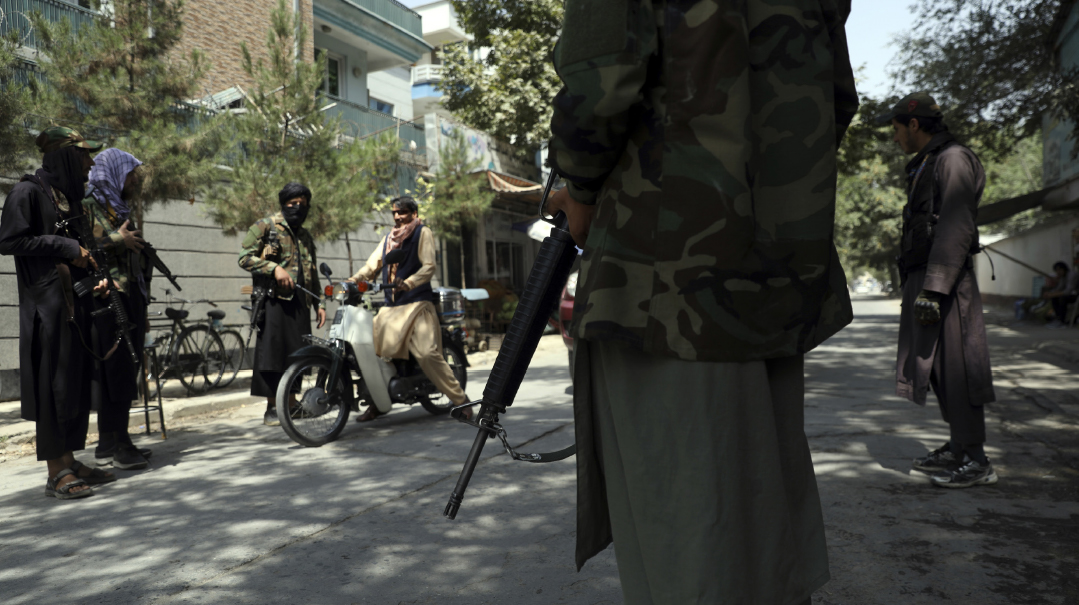
Get Us Out
Many media consumers heard the cries of an American woman, part of a military personnel unit, begging President Biden to save her and others.
“We’re scared for our lives,” she sobbed in a message to Fox News, telling how she’s been in hiding with her aunt, uncle, and an undisclosed number of Afghan allies and children, after a man standing next to her was shot in the head. Her brother, a former military translator and contractor who is now in the United Kingdom, said at least two of his colleagues had been killed by Taliban fighters in the past two days.
She said that while her husband and children are safe in Virginia, she is unable to reach Kabul’s US-held airport for a chance at evacuation. “I feel like they’re going to execute us. I don’t know if I’ll see my children again. Please, Mr. President, evacuate us, we need help. We can’t go to the airport, it’s impossible to get through. People are getting shot, children are dying…”
The family said they fear the Taliban could impose an Internet blackout, effectively shutting down all communications apps and hiding extremist activities from the rest of the world.
Still, the Taliban rulers — many of whom are illiterate — are claiming that this time it will be different, that as the new governing power, they’ll ensure people’s rights.
Now that the Taliban have control over the country, will their rule turn into a big slaughterfest, or will they really try to act in a governing kind of way?
“I knew many of the local warlords, especially from the north, who have now fled the country once the Taliban began to advance. Now we’re in transition from an elected — if deeply flawed — administration to a bunch of murderous thugs who just marched in and demanded control.
“Despite the platitudes of Taliban spokesmen, I believe we’ll see an immediate return to the unmitigated savagery of pre-2001 days — execution and amputation for transgressing the strict Sharia code, women stoned to death, recreational killings. I don’t trust what the Taliban say, and I would be extremely surprised if they have reformed. They may have changed their tune to the international community, but I think all the evidence points in the direction that they’re back where they were before. In other words, they are savages who will brutally oppress any population they control.”
You yourself were on an al-Qaeda death list. Does that scare you today?
“I consider it my badge of honor. I know exactly what al-Qaeda and their protectors, the Taliban, are like, and if they don’t like me, then I’d say I’m doing the right thing.”
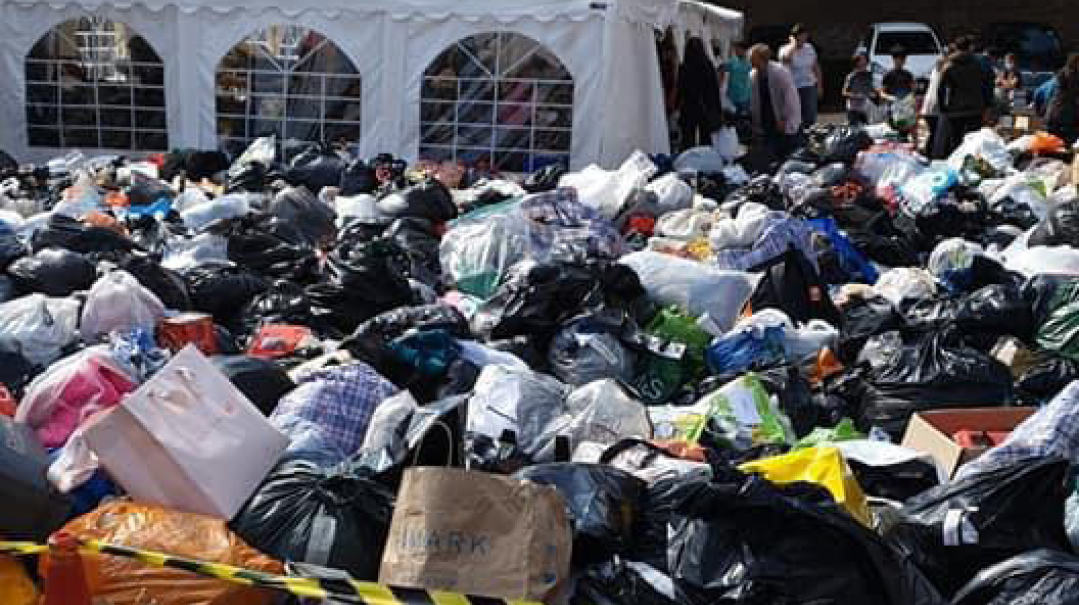
The Afghan-Jewish Connection
As the tragedy unfolds in Kabul — with desperate men, women, and children besieging the airport for a ticket to life away from the Taliban — it’s easy to see the struggling humans as a faceless mass.
But for Rabbi Elchonon Feldman and his shul, Bushey United Synagogue in London, the Afghanistan tragedy suddenly assumed a human face as dozens of refugee families were airlifted into the small town, in a story of kiddush Hashem that went viral.
“Everyone has been following what’s happening there, but from thousands of miles away, there was a sense that we couldn’t do anything,” says Rabbi Feldman. “Then last Thursday, local councillor Lawrence Brass, who’s involved with the shul, called and said, ‘Listen, Elchonon, 30 refugee families who’ve just fled Afghanistan have been temporarily housed here in Bushey. They only have the shirts on their backs. Can the community help?’ ”
The Brooklyn-born rabbi immediately said yes, and posted on the shul’s Facebook page a call for donations as well as for “sorters and schleppers” in a community-wide drive. The call to arms went out, and on Sunday morning, hundreds of people arrived to donate staggering amounts of clothing and children’s basics like strollers, books, and toys. In all, around 3,000 bags arrived in a few hours.
“People came from all over London and beyond, Jews and non-Jews,” says Rabbi Feldman. “There were Muslims there in traditional clothes, some crying with gratitude. The Afghanistan story has touched a nerve everywhere.”
The arrival of an international story on the Bushey community’s doorstep has given Rabbi Feldman an insight into the terrible events unfolding on the other side of the world.
“My wife and I visited the refugee families on Friday and came with sweets for their kids,” he says. “The men, who had been interpreters for the British and American forces, spoke fluent English, but their wives didn’t.
“What struck us is that these people weren’t nebachs. They were composed, just displaying a lot of pain and sadness. They served us Afghani tea, and then told their stories. The men had risked their lives on deployment with the troops outside Kabul, which was relatively well-developed and safe, yet the rest of the country was very primitive and dangerous. Then they had to escape their country.”
In a sign of the culture clash that accompanied the 20-year-long effort to plant Western ideas in an ancient, religious country, even these more open-minded Afghans were worlds away from the social norms of their new location.
“I talked to the men, and my wife went to talk to the women,” says Rabbi Feldman. “But a man from our group went to speak to the women, and the Afghan men called him away.”
Another sign of the deep wounds that have been torn open by the Western withdrawal came on Bushey High Street. “I went into a hardware store, whose owner — an Afghani — I know. A lady from our community came in with a flier from our community’s Bushey Gives Back campaign, and when the owner saw it, he broke down crying and said, ‘Take everything you need. We [the UK] have done this to them.’ ”
At more than 1,300 families, Bushey’s Jewish community is one of the largest in the country. Until now, jokes Rabbi Feldman (whose path to the UK rabbinate took him through Rav Yitzchak Berkovits’s Jerusalem Kollel), “We’ve been known less for our vibrant community life than the fact we have the largest active beis hakevaros in Europe.”
But the arrival of the Afghan refugees provided the rabbi, who’s been in his post for five years, with a teaching moment. “Over Shabbos, I spoke about how last week’s parshah urges us to remember our sojourn in Egypt — ‘v’zacharta ki eved hayisa b’eretz Mitzrayim.’
“ ‘We have to remember how our grandparents were welcomed to this country,’ ” I said. “Now is our chance to pay back.”
—Gedalia Guttentag
(Originally featured in Mishpacha, Issue 875)
Oops! We could not locate your form.


